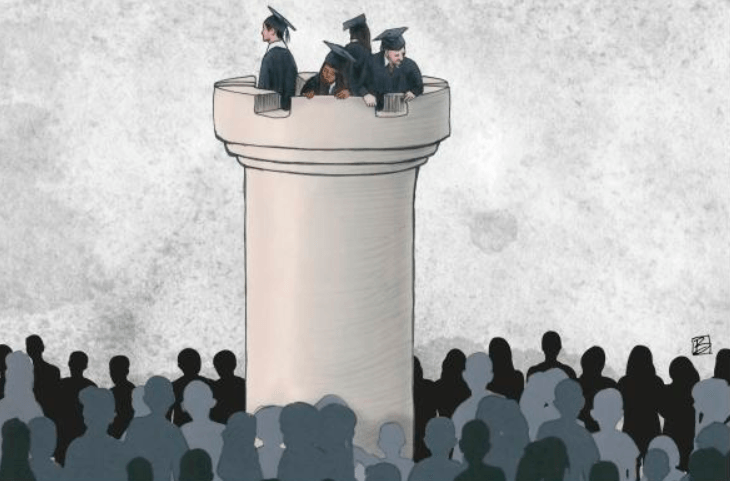NAVIGATION BEATS MEMORIZATION
In one of the classes I regularly train, I emphatically tell my students:
“ The secret to success in your job is not memorization, it is navigation. ”
Navigation means knowing where to look, what tools and resources to use, and how to network. Whether online or in person, navigation is what makes anyone successful in a job. Many people can memorize, but memorization will eventually fail you because content and technology will change. But the person who knows where to find the information will always win.
The jobs market and where the economy is going are areas that similarly favor the navigator over the memorizer. Memorization can get you locked into positions and situations that may no longer be accurate or viable. On the other hand, navigation will sustain you as a player on the field.
The June 26, 2017 issue of Bloomberg Businessweek is entitled, “The Jobs Issue.” In it, Peter Coy ponders the future of automation and robots. He points out that although robots can do many things in the workplace, many things exist that they cannot do. And that is exactly why navigation is important for the American worker today as Coy explains (“The Robots Are Coming (But You’ll Still Need to Work)” pp. 8–9):
“ Labor shortages manifest themselves as skill shortages because employers don’t just need bodies, they need talents. . . .
In the future, those who turn automation to their advantage will tend to be more educated. They will ride the technology waves better because they’re more adaptable. ” (p. 9)
If employers just needed bodies, then yes, any robot will do. But for most tasks, employers need talents and only people have those. Talents are further developed by education. More education increases worker versatility and yes . . . the ability to navigate.
The statistics continuously prove the direct and indirect value of education. The seasonally adjusted June 2017 unemployment rate for persons not having a high school diploma is 6.4% ( Bureau of Labor Statistics ). Having a high school diploma drops that rate to 4.6% and some college or a two-year degree drops it further to 3.8%. Pretty good trending, would you not agree? Finally, if we look at people having a four-year degree, a graduate degree, or a doctoral degree, the unemployment rate is a low 2.4%. Not bad, given our rough economy.
Regardless of how good or bad the economy is, regardless of how many individual academic and career disasters can be cited, and regardless of how loudly the antidegree crowd howls, overall you are still in a better position having a degree than not having a degree. And one of the intrinsic reasons why is because navigation beats memorization.
The jobs market and where the economy is going will always be challenging areas. Yes, it is okay to be a memorizer. Just be certain that your ability as a memorizer is only exceeded by your ability as a navigator.











